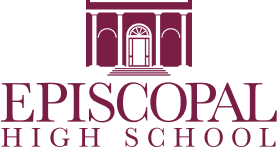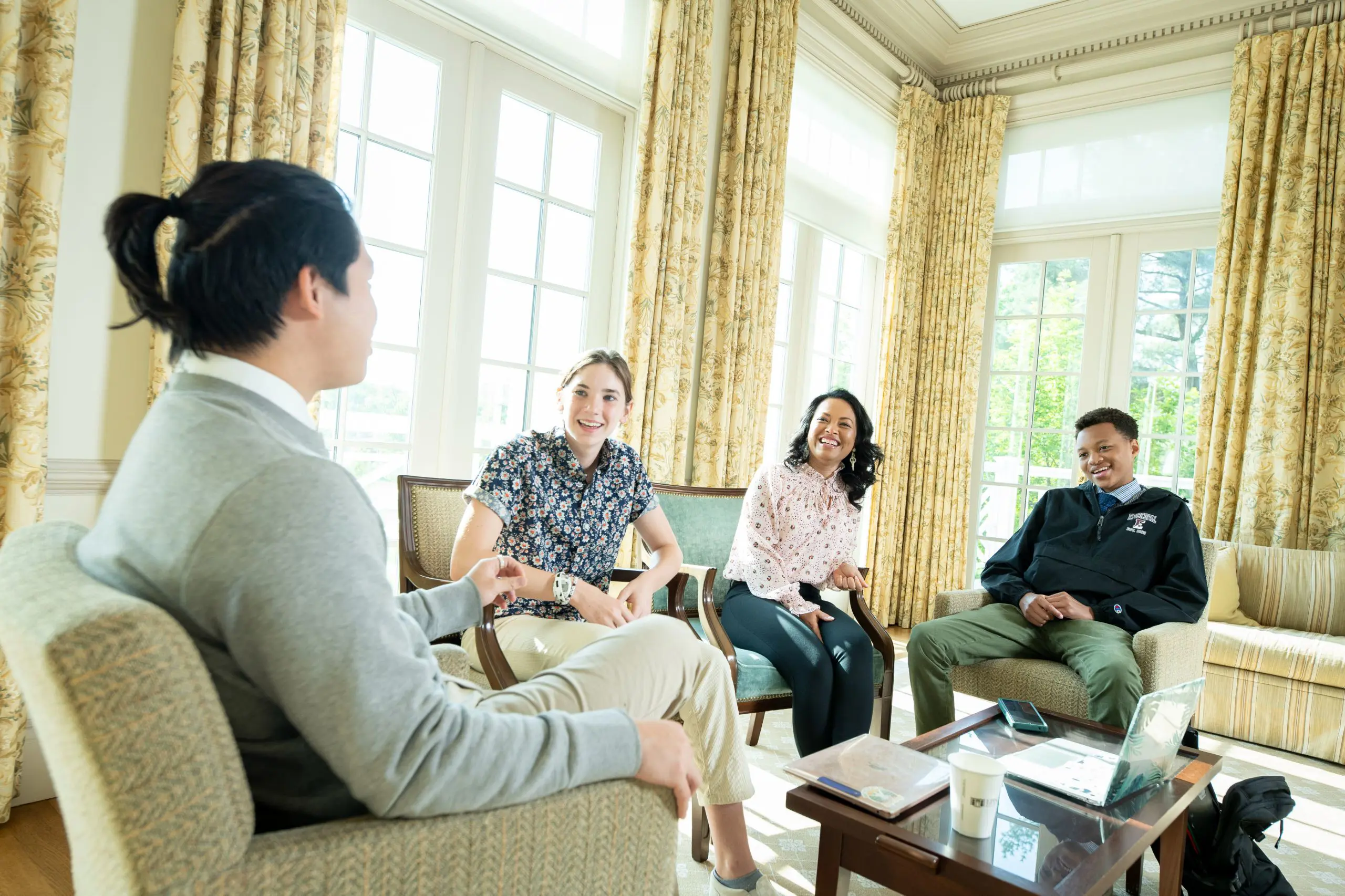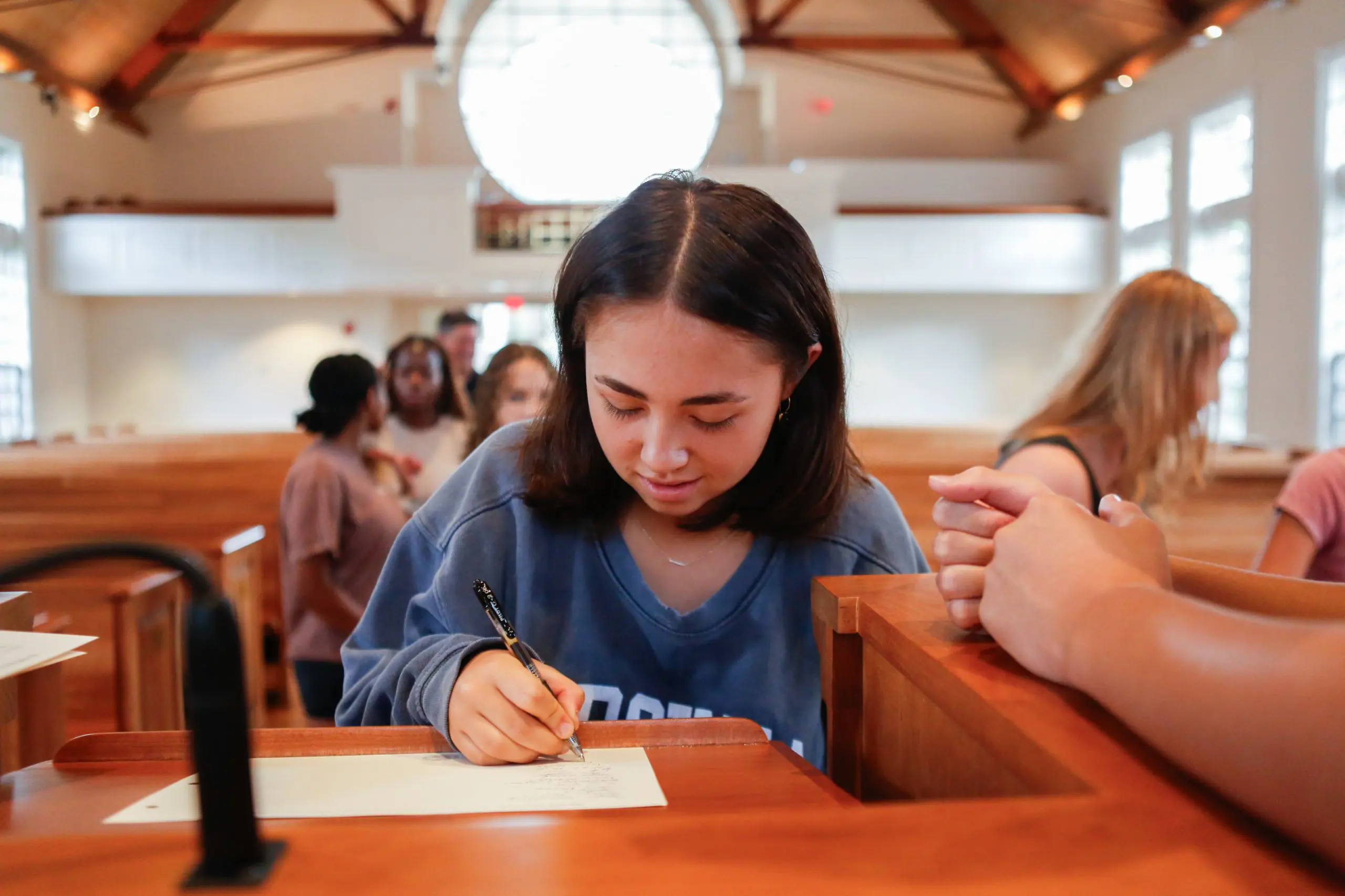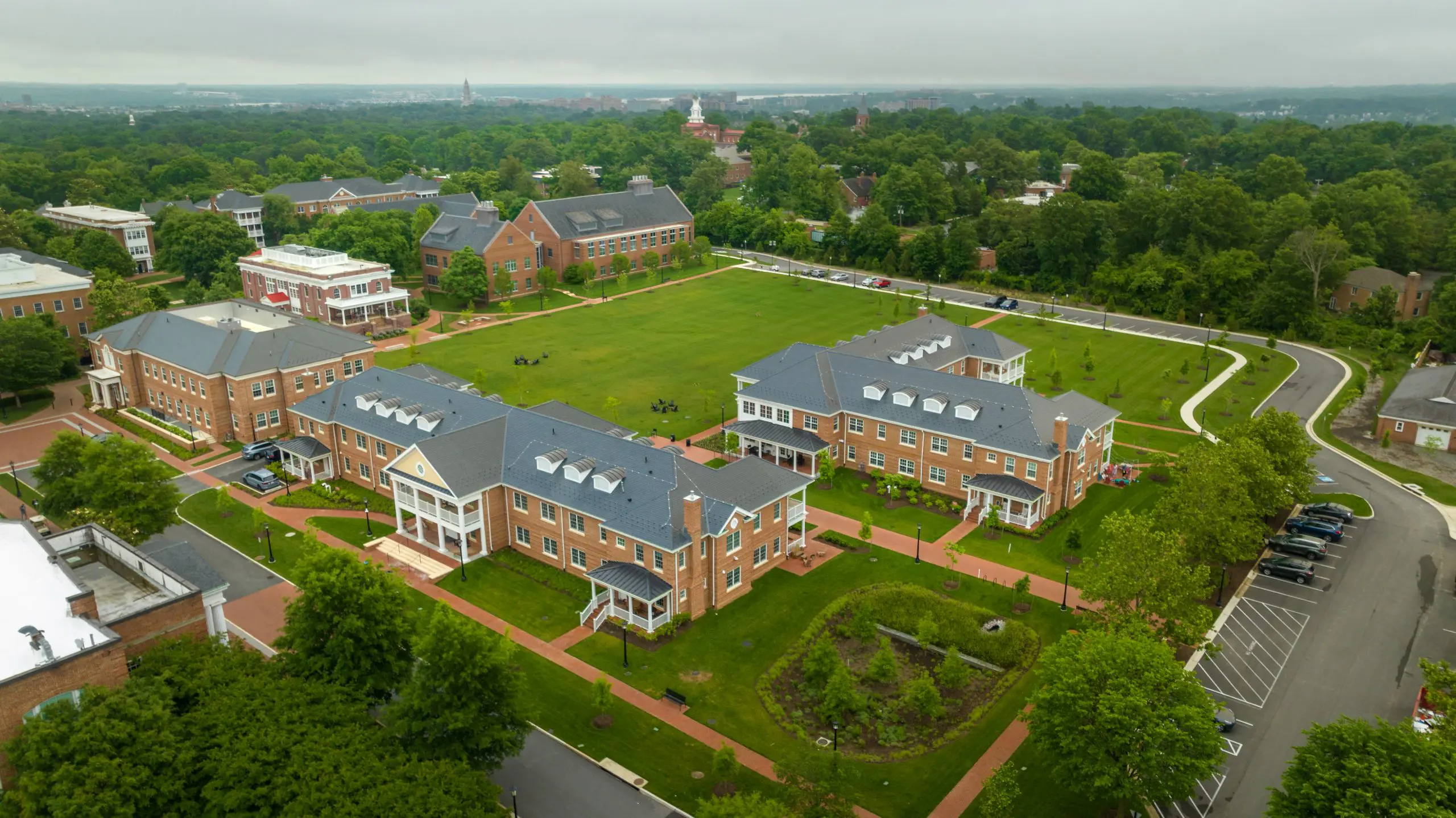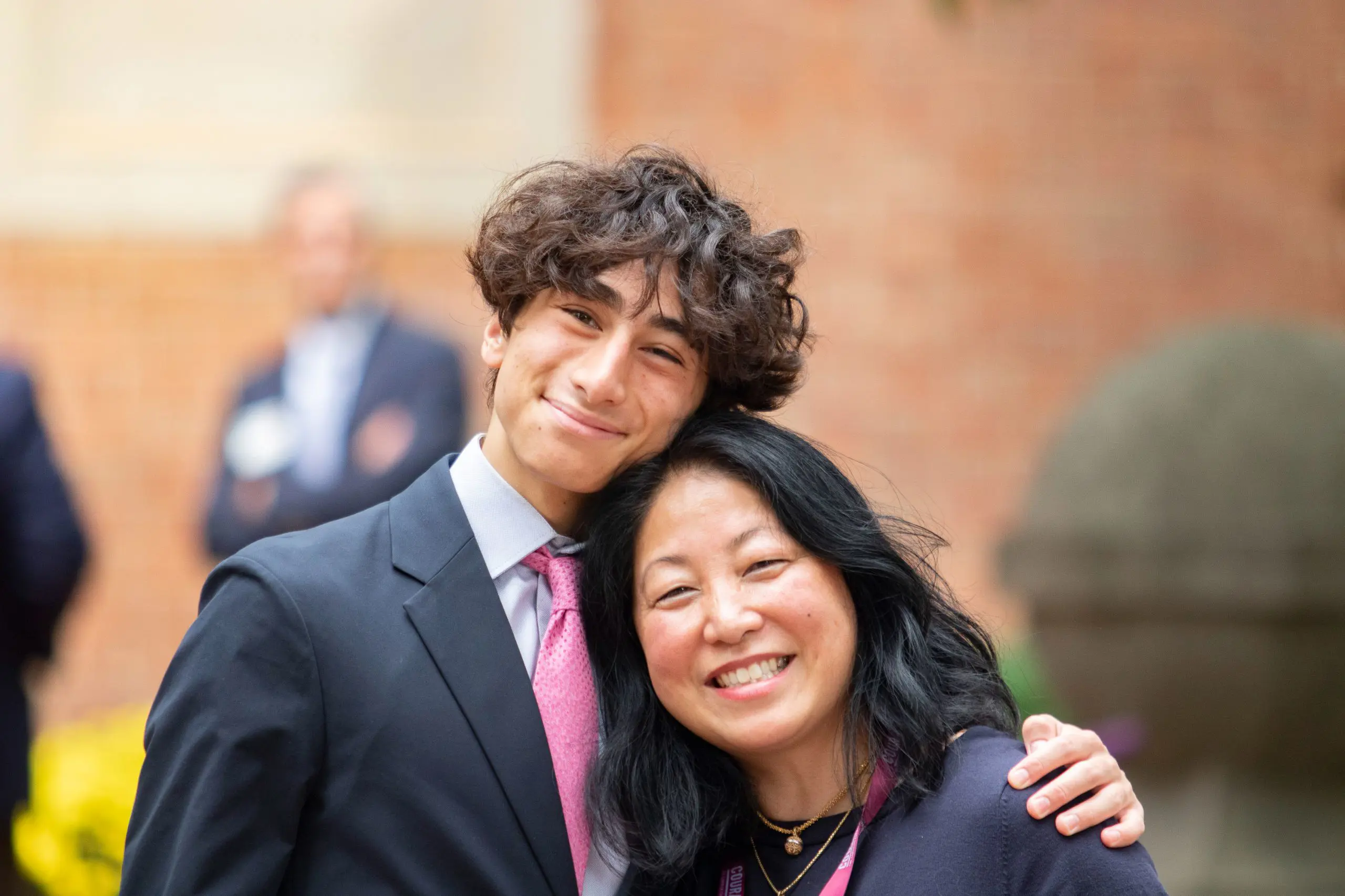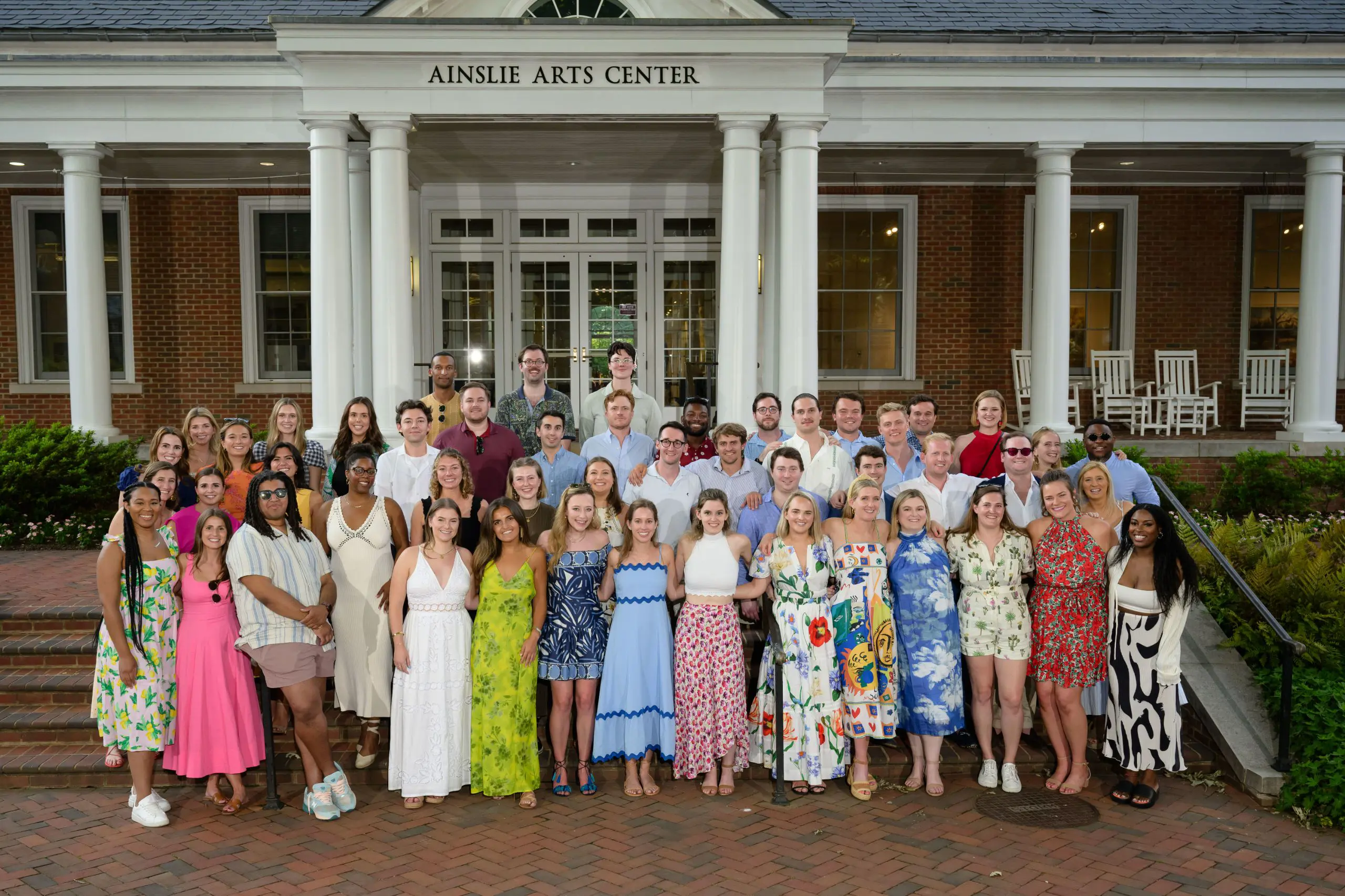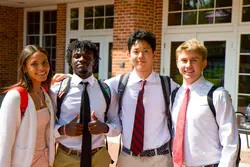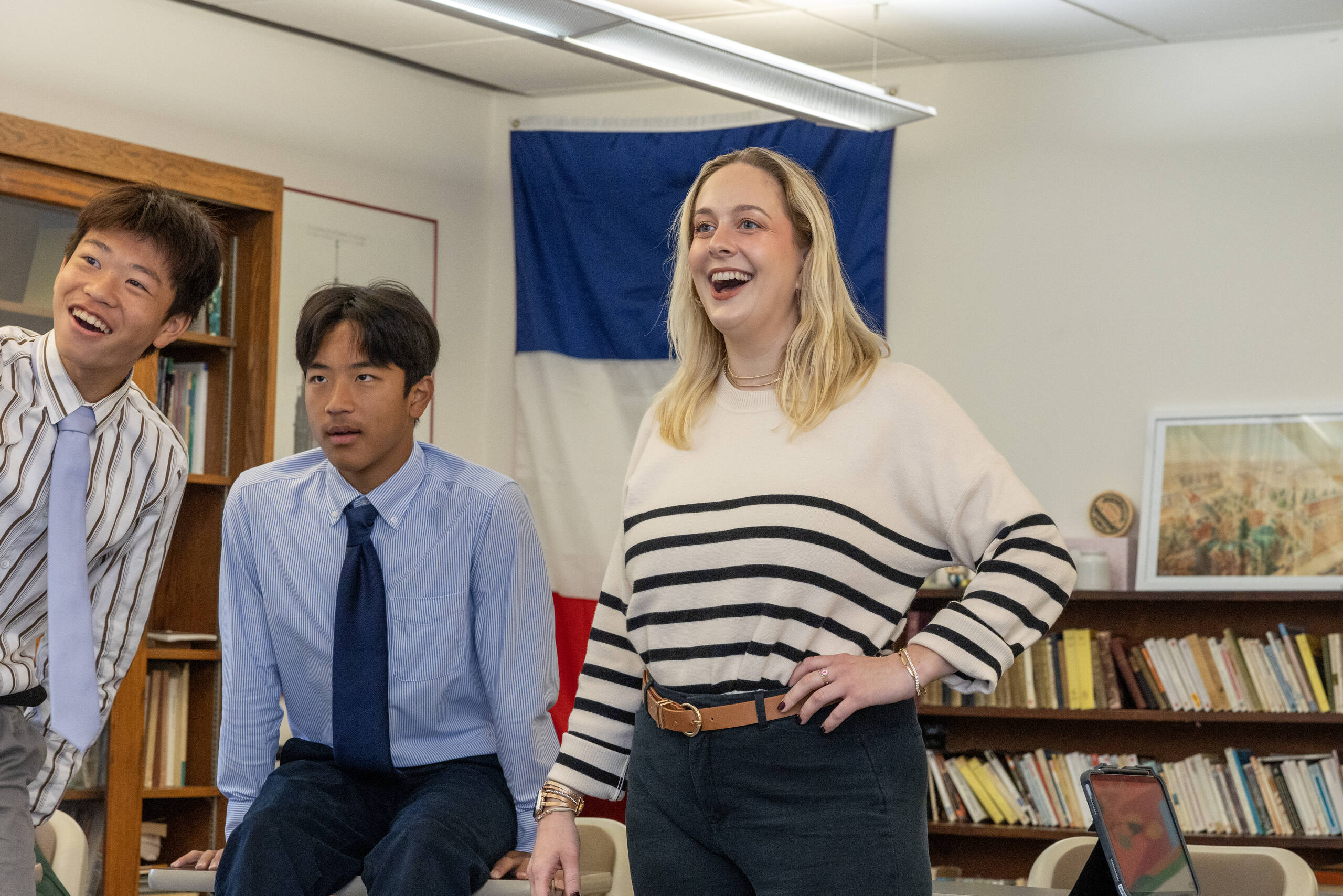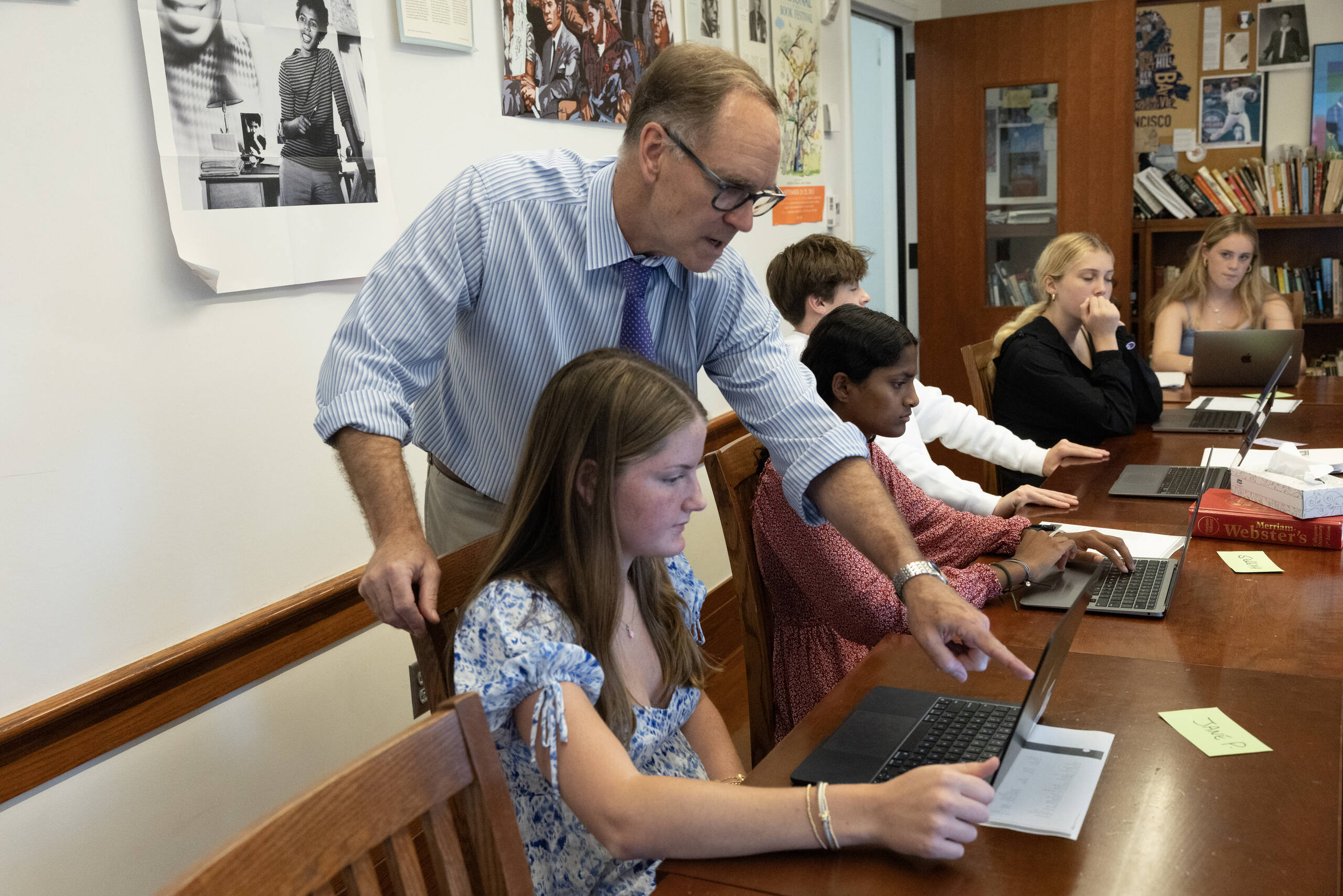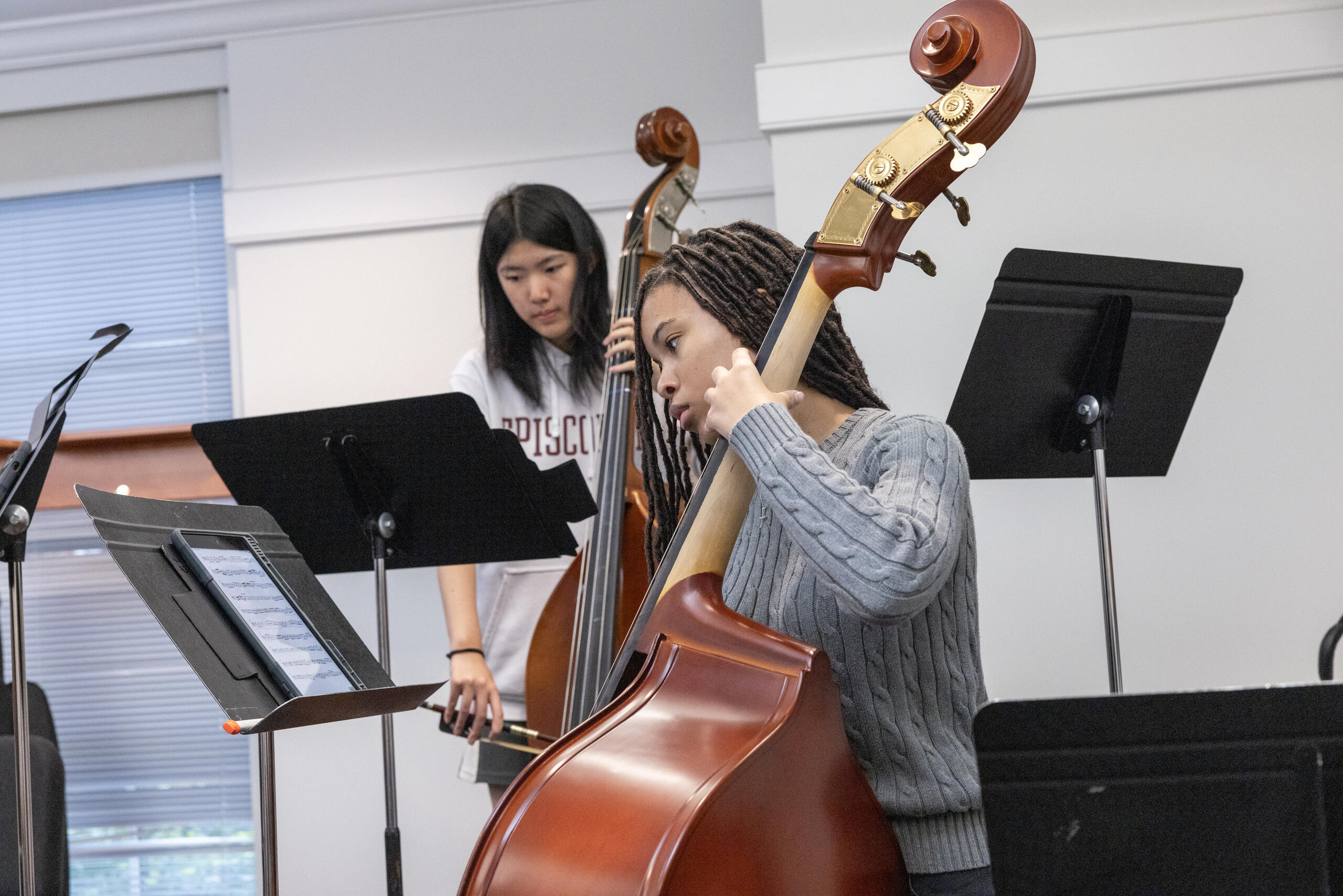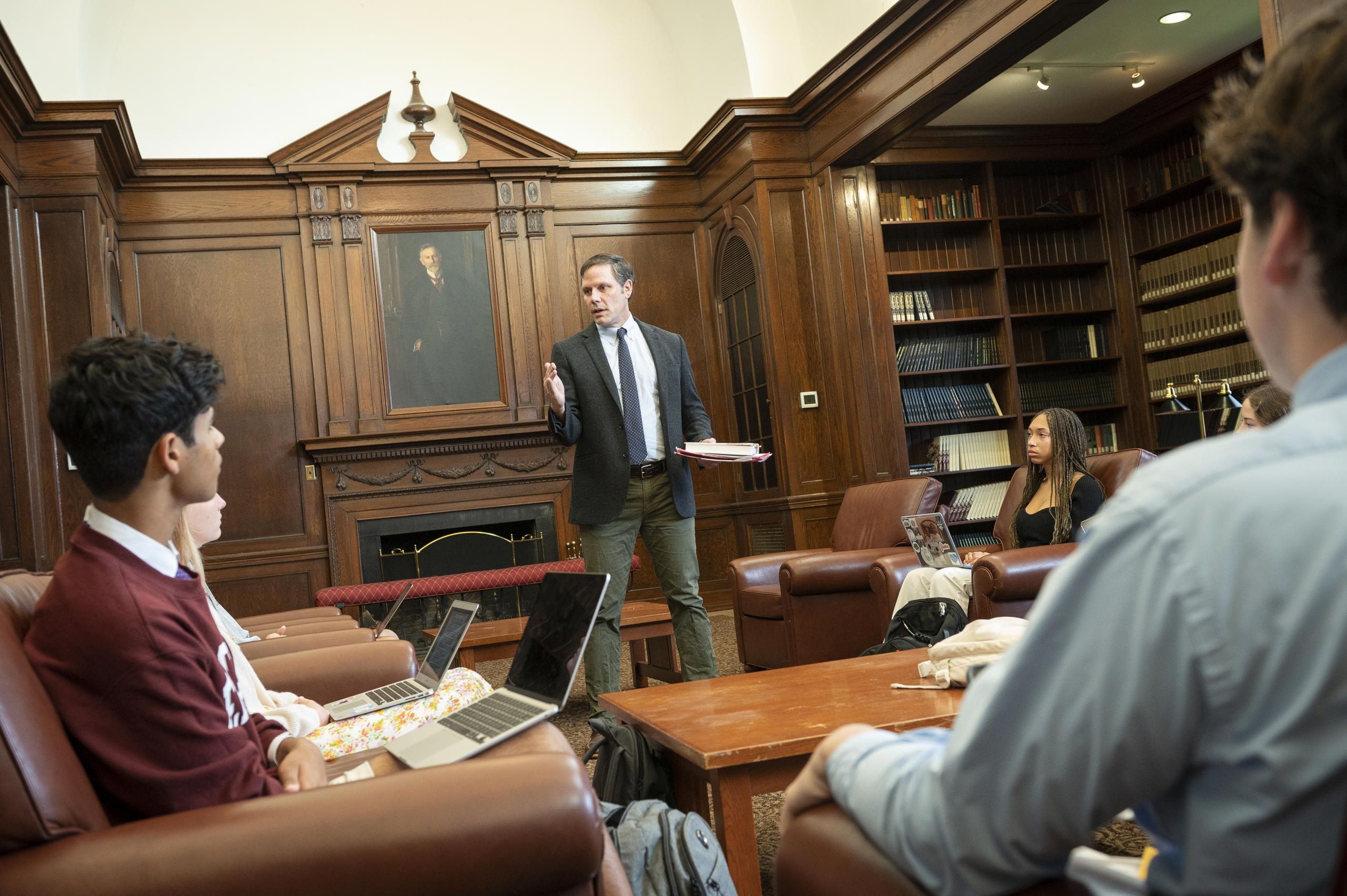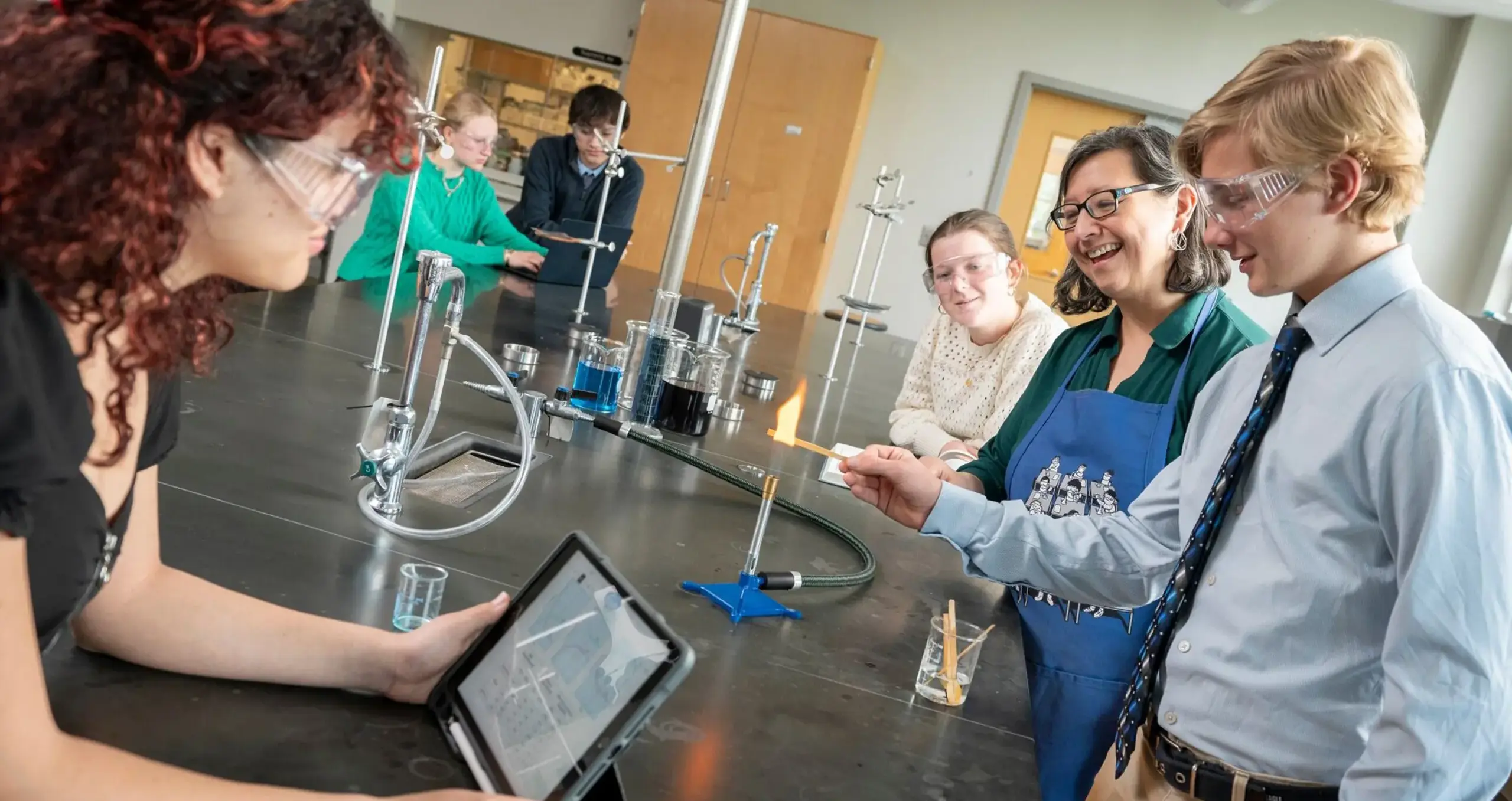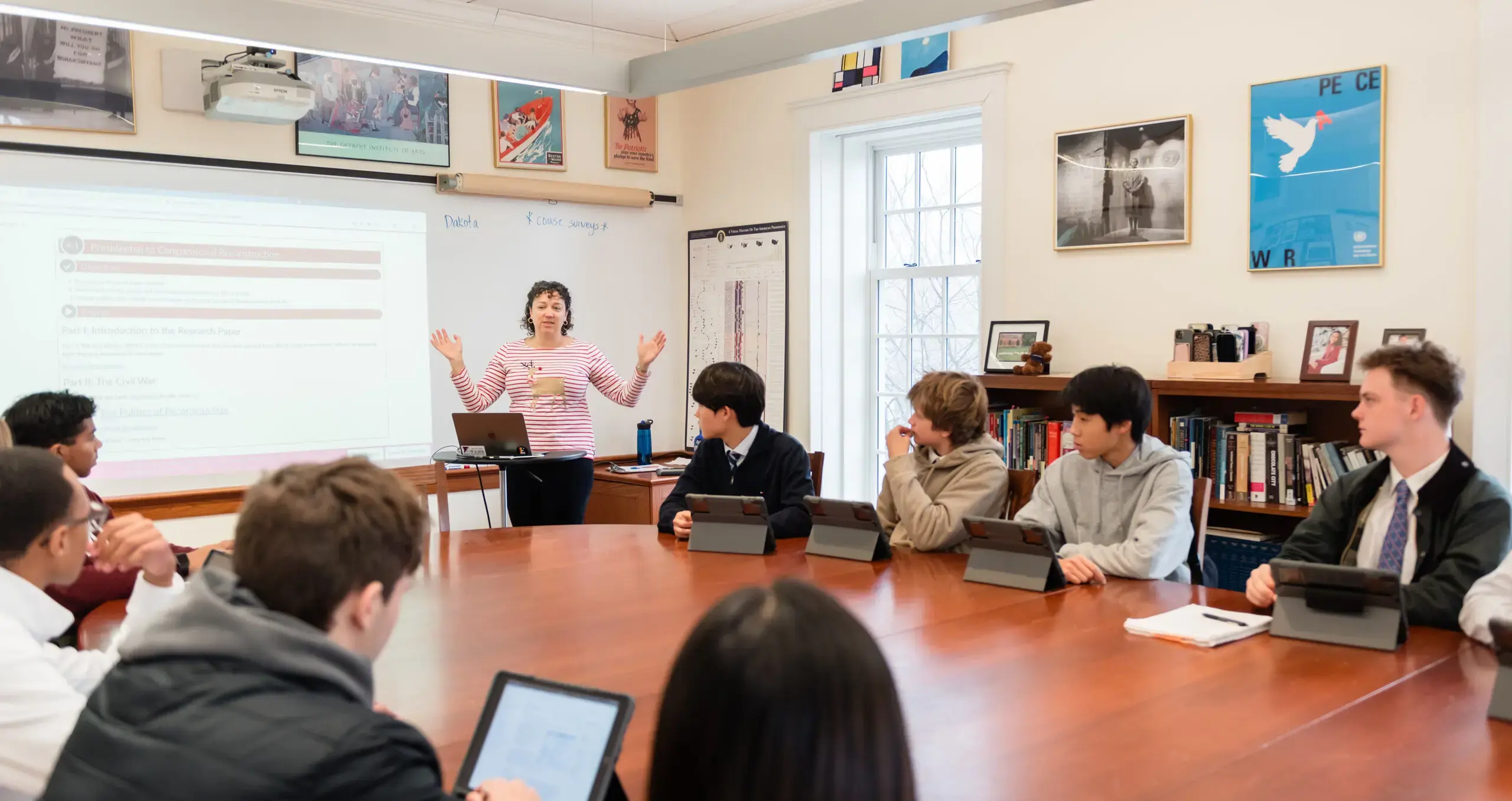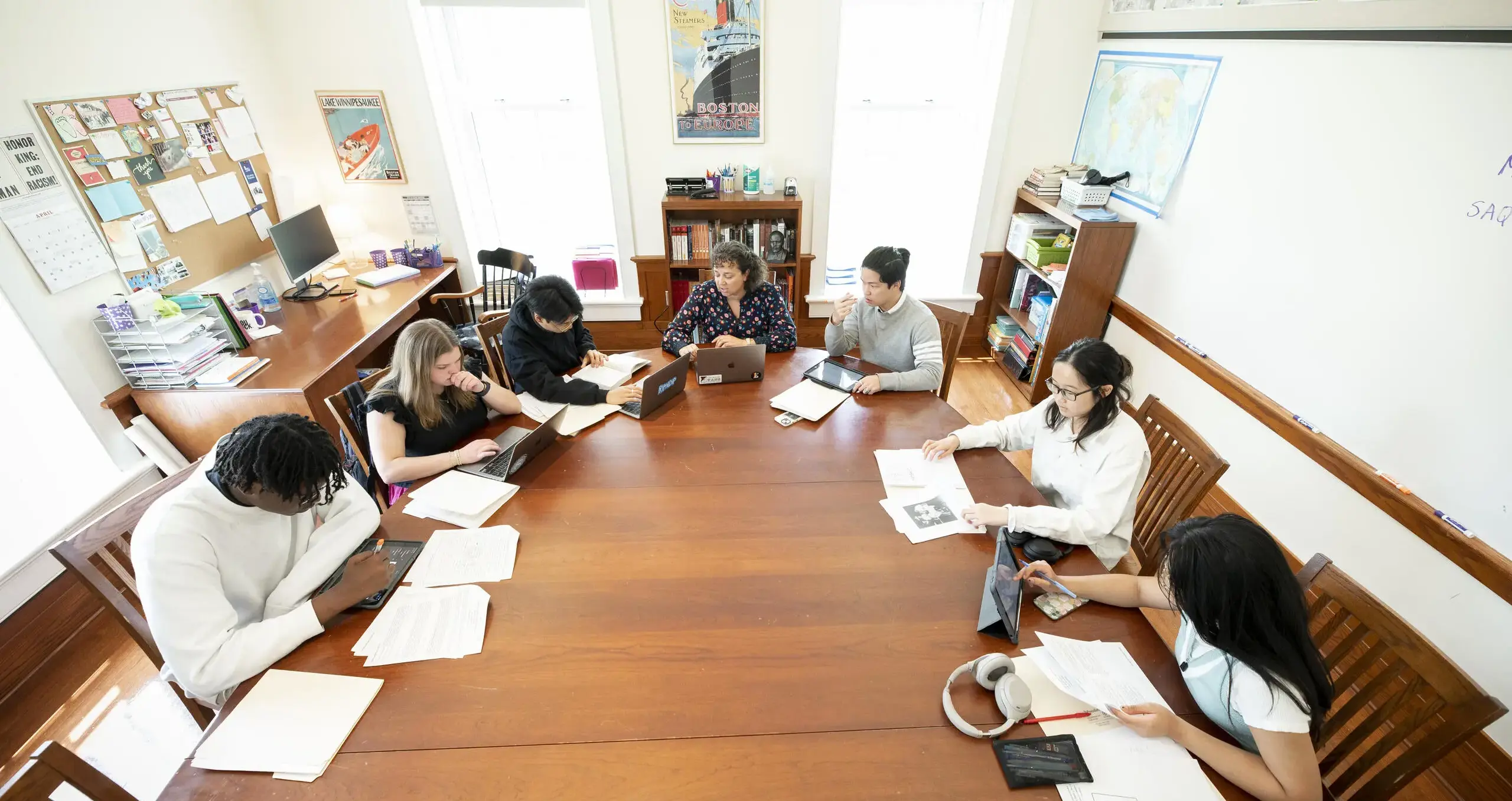Our Vision for Your Education
Our 150+ course curriculum provides an outstanding liberal arts and sciences preparation. In small classes, we gather to conquer questions and dissect potential solutions. We engage in close conversations where anyone's idea can be voiced and everyone’s voice will be heard. We explore a wide curriculum that evolves and adapts as the world shifts. Together, we pursue knowledge and develop the skills we need to make the best use of it. Along the way, we make each other better.
Our Academic Philosophy
The academic day is structured to allow ample time for electives and study periods. Students must earn at least 23 credits in four years to graduate, including credits for afternoon programs. EHS also offers more than 70 Honors and Advanced courses.
To read more about Episcopal’s dynamic curriculum view our Course Catalog.
Broad, Deep, Challenging, and Dynamic
EXPLORE A POWERFUL CURRICULUM
| The David H. March Library |
|---|
The March Library collection consists of approximately 25,000 items
|
| Technology at EHS |
Episcopal’s technology vision is to nurture responsible citizenry,
|
